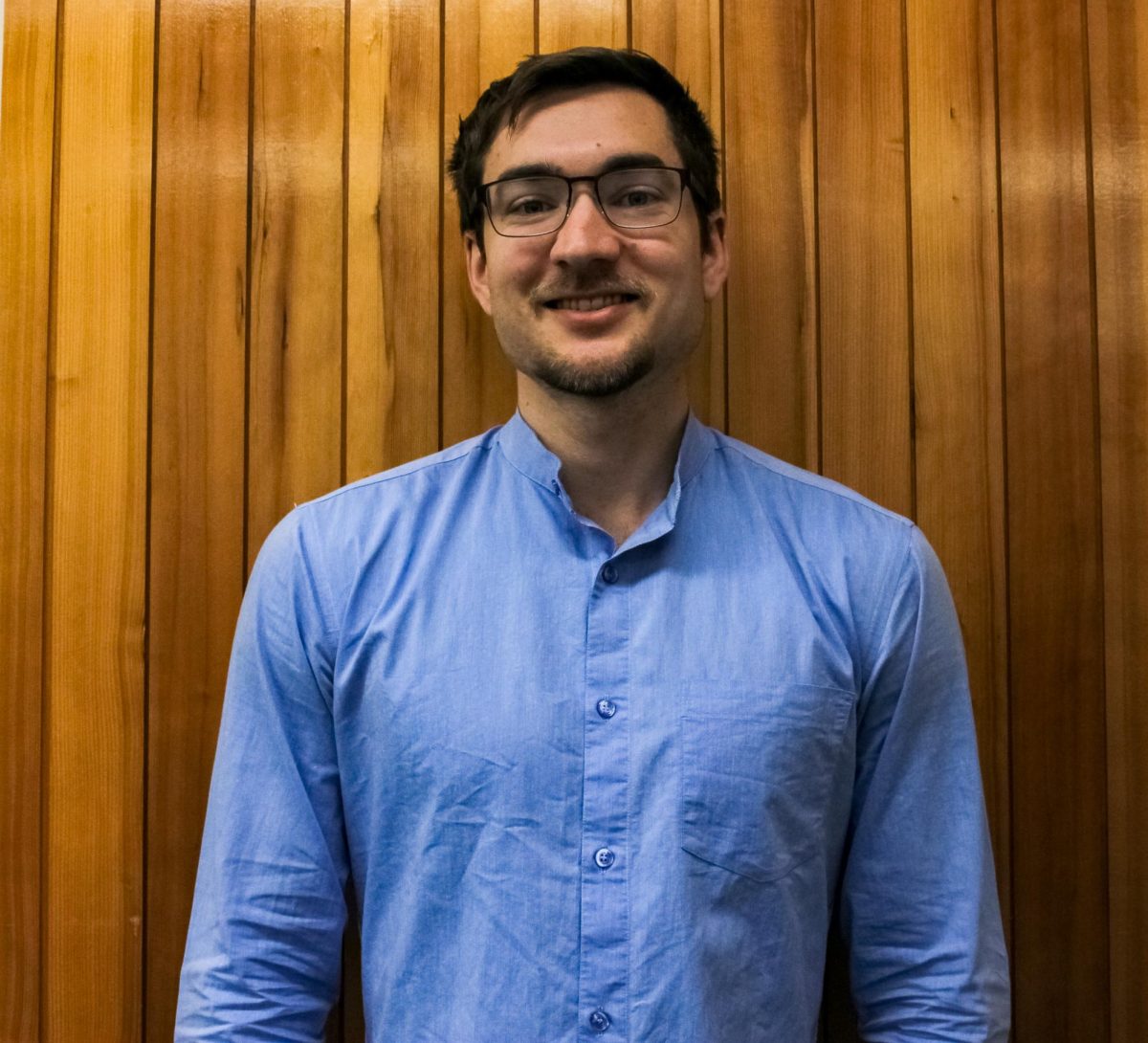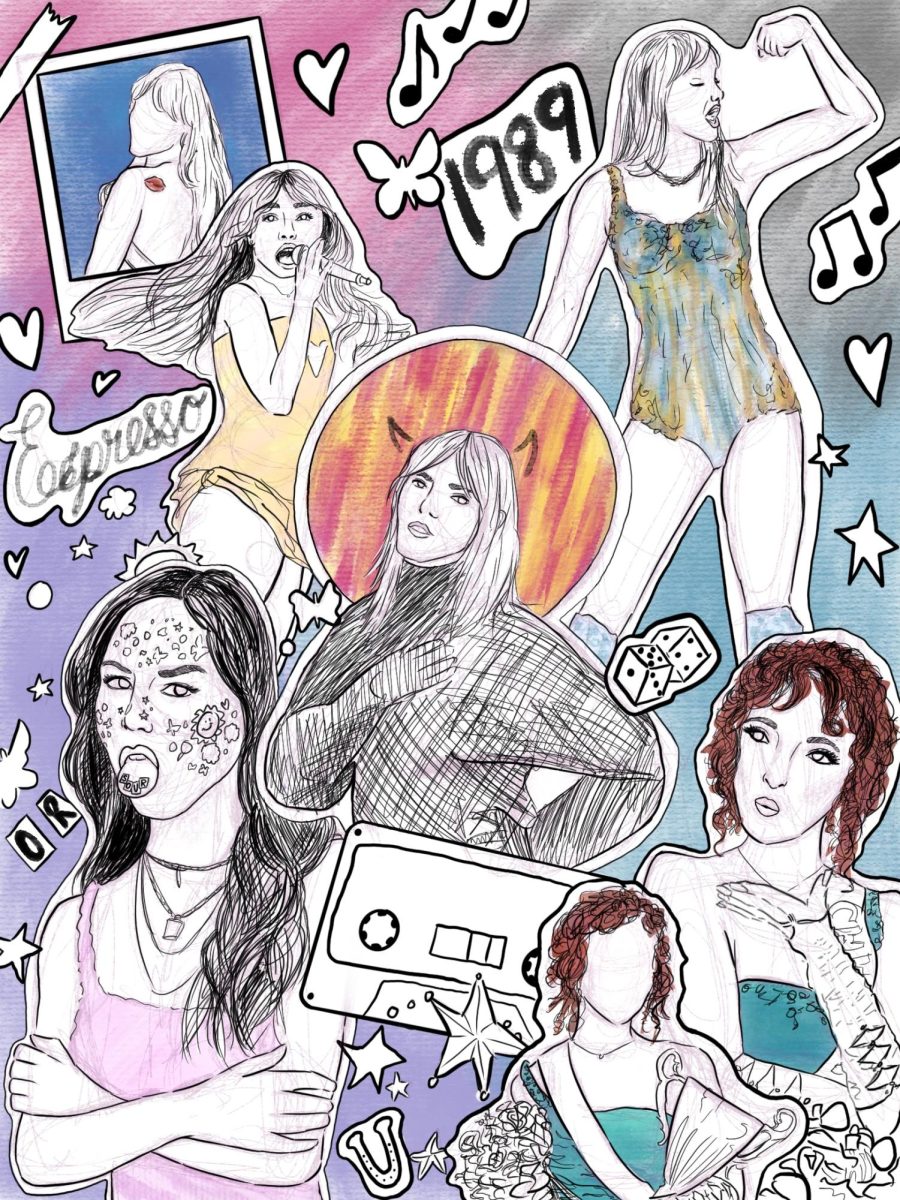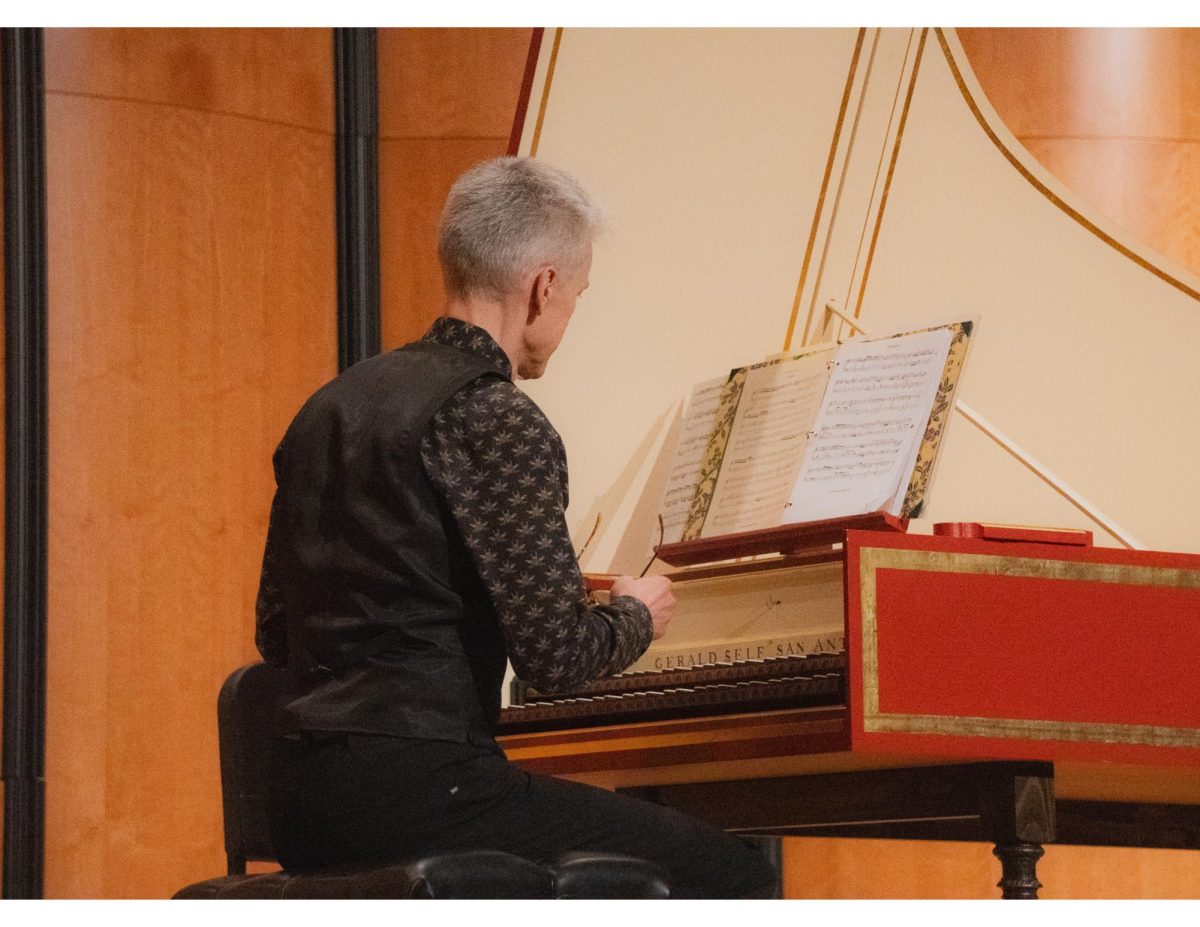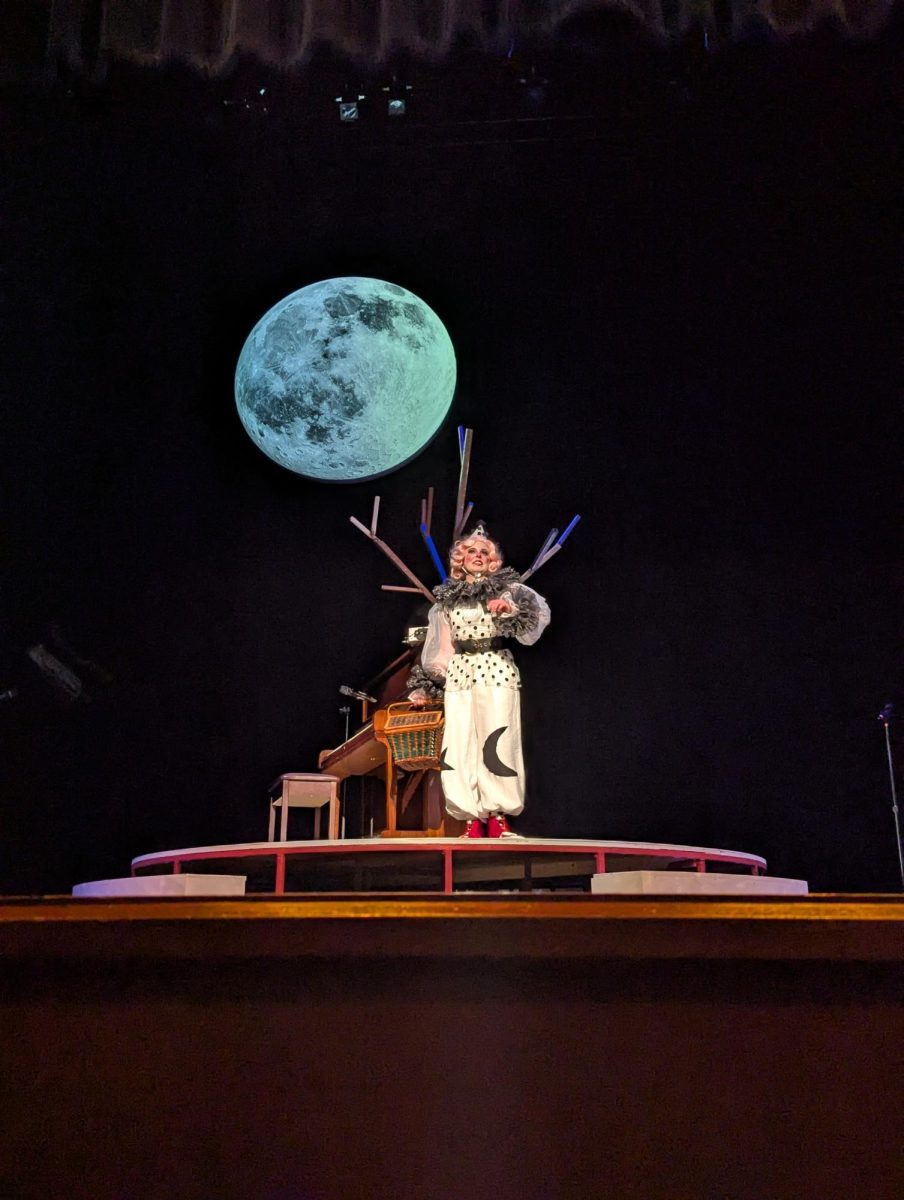Yes, I watch the show.
Yes, I started doing so ironically and now…the lines are blurred.
What is “The Bachelor”? Even if you’ve never seen it, you probably know the premise: one man, twenty-some women. All of them competing for (supposedly, hopefully) a ring. Since starting in 2013, I’ve never stopped watching.
I’ve now seen two seasons each of “The Bachelor” and “The Bachelorette,” as well as the crazy spin-off, “Bachelor in Paradise.” And yes, a big reason I love the show is the drama and sheer ridiculousness of the situations (sky-diving dates and stripping dates and photo shoot dates). But I’ve also learned a lot by watching it.
Gender roles play a huge part in the dating game, for better or worse, and this franchise exposes them well. I’ve seen a variety of people grow frustrated with the way they feel they are expected to act.
Example: on the last season of “The Bachelor,” Sharleen won America’s heart by refusing to be besotted with the now-notorious bachelor, Juan Pablo.
A strikingly beautiful opera singer and world traveler, Sharleen ended up walking away from the show because she wasn’t feeling it.
On the last season on “The Bachelorette,” Nick was blindsided and heartbroken when Bachelorette Andi dumped him after their night in the “˜fantasy suite’ (which is basically what it sounds like””and there are no cameras).
His frustration, he explained later in a blog post, was that in our culture, sex is seen as something meaningless to men when reality can be very different. The emotional repercussions of sex can be felt by men and women alike, especially when they are in love, as Nick was. What happens when we refuse to conform to a role that we’re expected to fill?
On this show, obviously these situations are played for dramatic effect. But watching people fall in love””or, in Sharleen’s case, not””can be a surprisingly tender and curious thing (and for those naysayers who say that “you can’t find real love on reality TV,” you’re mostly right. But it has happened, even on this show!).
In this day and age, in this particular setting of college, we are constantly dealing with romantic issues, whether they are confusing feelings, frustrations, painful breakups or wishful thinking.
We’re also dealing with identity formation and we’re trying to determine what our roles are, not only as independent people but also in relation to others. Sex often plays a role in this confusion.
I know part of watching “The Bachelor” is the feeling of “living vicariously” through the romantic messes of the show, but I like to think there’s true value in empathizing with the people on this series.
Often the “contestants” are superficial and off-putting, but they are desperately seeking love, the elusive feeling whose appeal is fed to us from the time we can process images. They think they will know it when they see it. But as the show displays, many people aren’t in the grounded place they might imagine.
In college, many of us are in a similar place, minus the whole “reality show” thing.
We think we know what we want, and then we find it, and it’s not right.
We want “love” (which I’m putting in quotes because it’s a hazy concept to those who have never felt it) but we’re afraid of the messiness that is involved in a serious relationship, so we run. We can feel physical attraction to someone, but those feelings must be supplemented by a genuine deeper connection if we have any hope of finding “love” with them.
This is true in life, and so too on “The Bachelor.”
So, like it or not, you probably actually have a lot in common with the people on this show. And while that sounds like a negative, I’ll end with this: despite these struggles, despite this pain, despite all the joking lamentations of the not-quite-ironic #foreveralone, we all do have a shot.
Ultimately, this is one rather wonderful perspective the show takes, and it will continue to take forever: everyone is capable of finding love.
And isn’t that valuable?






